Impacts Hurricane Harvey had on Houston
Casey Neistat
During the weekend of August 26th-27th 2017, Houston and many other surrounding Gulf Coast cities were affected by Hurricane Harvey. Initially Harvey was classified as a Category 2 storm, but by the time it made landfall in Port Arkansas and Rock port, it was raised to a more significant Cat 4 hurricane. The unique pattern of this storm led to a mind boggling 51 inches of rain in Houston, and surrounding counties. After the storm landed, it circled back over the Gulf of Mexico, and skirted the coastline, picking up more moisture. Then competing fronts forced the now Tropical Storm to bulls eye over Houston for 3 days, leaving many residents to handle immense amounts of rain. Harvey left thousands of Gulf Coast residents, without a homes or cars. People were rescued and moved to shelters with the clothes on their backs. As the water rose, it became clear that Houston’s enviroment would be affected in numerous ways. Cars, gasoline, air-conditioners, medicines, trash, all sorts of debris was left to float in the water for days, in some cases weeks.
Houston registered 51 inches of rain, we assume, because according to Jeffery Lindor, the Meteorologist spokesman for the Harris County Flood Control District, most of the gauges that measure these types of events were either swamped or washed away. Once the water began to flood, everything it covered became part of that water flow. Clearly not a healthy situation for both people and the environment.

Ariel view of the Arkema Plant burning in Crosby, Texas on September 2, 2017
In the air, another major environmental disaster occurred just 26 miles from Houston, in Crosby, Texas, when the Arkema Chemical Plant, lost power, and was therefore not able to cool contents. Those contents were then allowed to combust, and burn out, causing shelter in place and evacuation orders from the area, Long term effects, to air quality and people’s health won’t be known for some time. The all important Houston Ship Channel was filled with, it’s estimated, a million gallons of gasoline and raw sewage , spilling in the water.
All this leaves us to wonder, how could this effect the environment? Westside’s Environmental Science teacher, Mr. Spence, answered this question by saying “I’m worried about houses and stores that carry chemicals in them that were getting flooded.” He further explained “If cleaning chemicals got out into the flood water, it could pose harm to our health and the health of wildlife.”
While everyone usually focuses on the short-term problems, like being displaced and out of their homes, the effects the storm could have on us become the focus as Houston recovers. Our health is in the category of being a long-term problem. If you think about it, all of the houses that were flooded, they usually have some sort of cleaning products under their kitchen sink or somewhere in the house. Ms. Hacker, a Chemistry teacher hear at Westside High School, said “Many cleaning products used in the storm cleanup biodegrade at a slow pace.
This slow biodegradation leads to an increased risk of water supply contamination which could, in turn, impact the area’s wildlife,” she continued with, “a larger problem arises when discussing the effect on a person’s health. Many people do not take safety precautions when working with strong cleaning products. Many cleaning products are skin, eye, and/or respiratory irritants. When proper personal protective equipment (PPE) is not used, the risk for chemical burns, eye injury, and respiratory problems increases dramatically. When PPE is used correctly, the risk of working with these cleaning agents is minimized.” This shows that once those chemicals get swept up out of the spot they were in, they start to leak into the water. The water seeps into the land around it or into the bayous and effect the life that utilizes the grass or wildlife. Like the cows who eat the grass that the water mixed with chemicals seeped into will soon be eaten by us and could affect our health. Secondly, our drinking water could potentially be contaminated by unfiltered sewage and human waste. The fear that the water treatment plant could’ve been flooded means that we could have contaminated water.
Harvey affected many homes, meaning right now many people are going through the process of gutting out their homes and putting their trash/belongings that got ruined out on their lawns. As all of their stuff sits outside waiting to get picked up, many different molds grow on their belongings and could pose a problem to living things upper respiratory systems. Danna Schoelman, a health student at Westside said, “I feel like after hearing about all of the things that could potentially be in the water, I’m scared that maybe this could effect me in many different ways. I feel like my allergies would be really bad,” she continued saying, “It’s scary to think that my food and water sources are also harmed by this hurricane.” This hurricane could potentially cause many peoples asthma to get worse or their allergies due to the allergens that are floating in the air due to the mold.
No matter who you were, everyone was effected by Harvey one way or another. This hurricane has brought Houston together and we saw our similarities instead of our differences. #HoustonStrong

Alexandria Tovar is in her Senior year at Westside High School. She's in her second year of being on the staff of Howler News and likes to be involved...








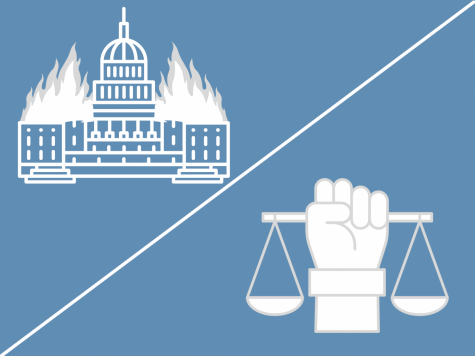

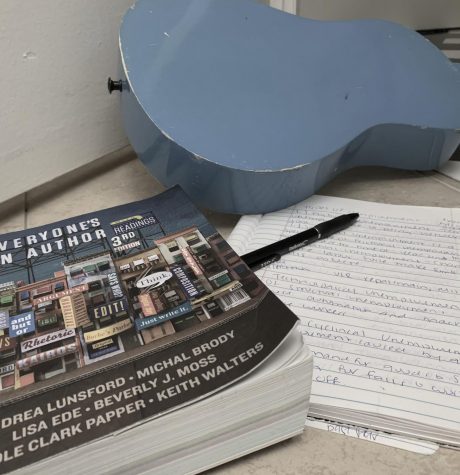
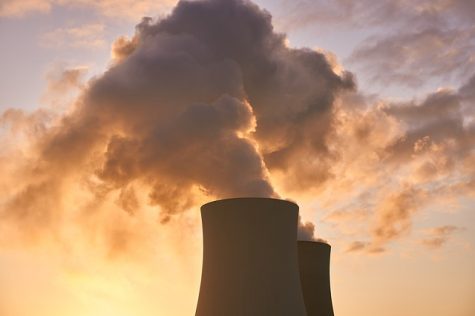
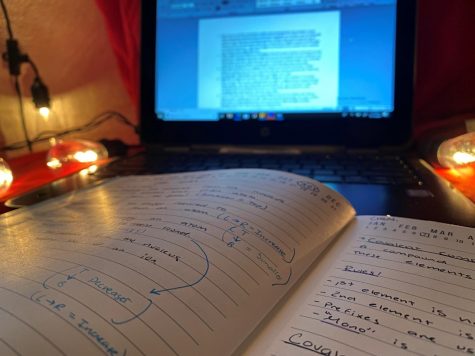


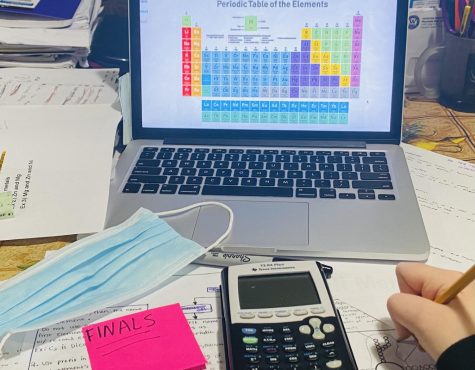

If you want a picture to show with your comment, go get a gravatar.